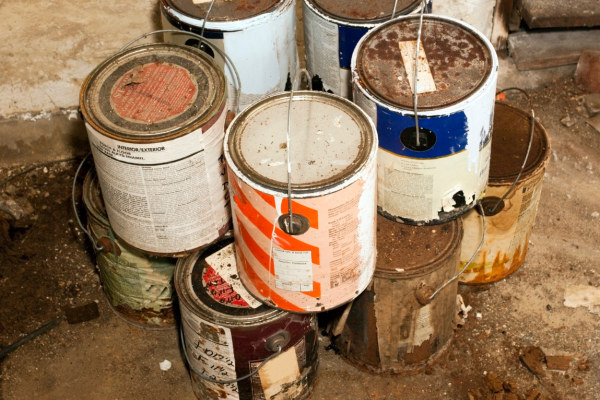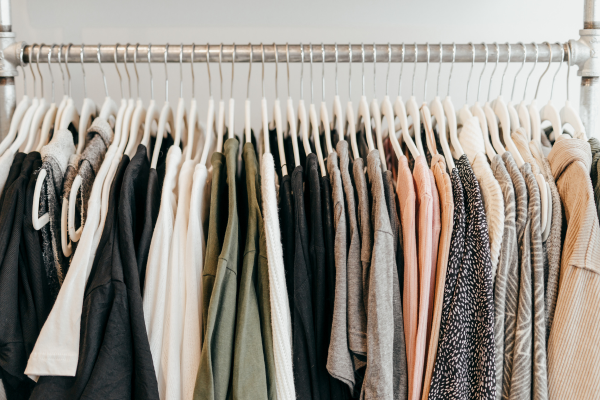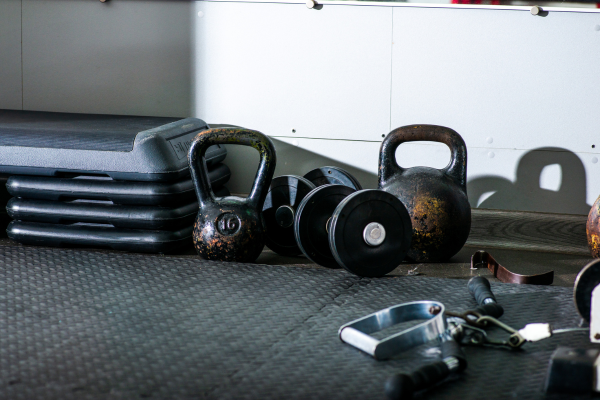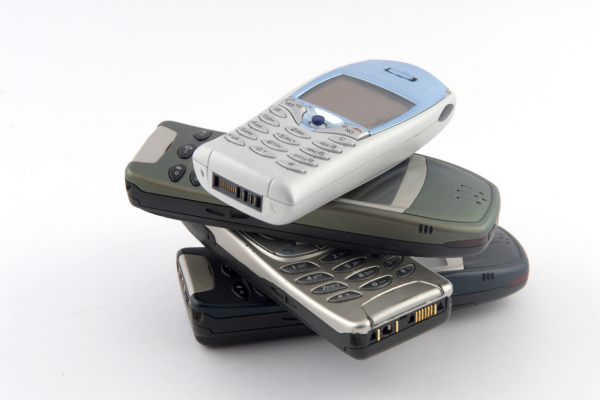A home serves as a personal sanctuary, a place where comfort meets personal expression. Yet, amidst this personal haven, certain items can disrupt the harmony and even pose risks to health, safety, or well-being. This blog post delves into the specifics of what not to keep at home, ranging from old paints and hazardous chemicals to outdated electronics and expired medications. Understanding why these items are detrimental and learning how to effectively remove or replace them can transform living spaces into safer, more efficient, and more enjoyable environments.
Contents
Old Paint And Hazardous Chemicals

Storing old paint cans or hazardous chemicals in basements or garages might seem like the norm, but these items can be silent dangers lurking in homes. Over time, chemical compounds in these substances can degrade, leading to potential leaks or harmful fumes. The risk of accidental poisoning or chemical burns remains a hidden threat, especially in households with curious children or pets. Moreover, environmental concerns arise when these chemicals are improperly disposed of, leading to potential groundwater contamination and other ecological impacts.
Finding a safe way to dispose of these hazardous materials is crucial. Many communities offer special collection days for hazardous waste, ensuring that substances like old paint, motor oil, and pesticides are disposed of safely. For households, investing in safer, eco-friendly alternatives for common hazardous substances can significantly reduce potential risks. For example, opting for water-based paints or natural cleaning products not only minimizes health risks but also contributes to a more sustainable household.
Out-of-Style Or Unworn Clothing

Closets brimming with unworn or out-of-style clothing are more than just a storage issue; they symbolize wasted resources and a potential source of stress. The habit of holding onto clothes “just in case” can lead to overcrowded wardrobes, making it difficult to find and enjoy the items actually worn. This clutter not only consumes physical space but can also lead to decision fatigue each morning as one sifts through a sea of outdated or ill-fitting options.
Taking control of a cluttered wardrobe starts with a thorough decluttering session. This process involves sorting through each item and deciding what to keep, donate, sell, or recycle. Embracing a more minimalist wardrobe does not mean sacrificing style or variety; rather, it encourages a more intentional and sustainable approach to fashion. By focusing on quality over quantity and choosing versatile pieces, one can create a functional, clutter-free closet that makes dressing a simpler and more enjoyable part of the day.
Perishable Foods And Spices Past Their Prime

The kitchen pantry and refrigerator are common hiding spots for perishable items and spices that have outlived their prime. Not only do these expired items take up valuable space, but they also pose health risks. Spices lose their potency and flavor over time, diminishing the quality of meals. Perishable foods, when overlooked, can lead to foodborne illnesses, a risk that’s easily avoidable through proper management and timely usage of ingredients.
Managing the pantry and refrigerator requires regular audits. Adopting a First In, First Out (FIFO) approach ensures that older items are used before newer ones. Clear labeling and dating of perishables can prevent the accidental consumption of expired goods. Additionally, understanding the actual shelf life of spices and pantry items can prevent premature disposal, reducing waste and saving money. A clean and well-organized food storage area not only ensures a healthier kitchen but also makes meal preparation a more efficient and enjoyable process.
Unused Exercise Equipment

The corner of the room occupied by an unused treadmill or a set of weights that collects dust serves as a constant reminder of unfulfilled fitness resolutions. Unused exercise equipment not only consumes substantial space but can also become a source of guilt. The intention to lead a healthier lifestyle gets overshadowed by the inconvenience and monotony of equipment that doesn’t align with one’s current lifestyle or fitness preferences.
Transitioning to a more active lifestyle doesn’t necessarily require bulky equipment at home. Options such as gym memberships, outdoor activities, or compact and versatile fitness tools can offer more flexibility and enjoyment. Selling or donating unused equipment can free up space and provide the opportunity for someone else to benefit. This approach not only declutters the home but also encourages exploring diverse and more engaging ways to stay fit and healthy.
Outdated Or Non-functional Electronics

In an era where technology evolves rapidly, homes often become mini graveyards for outdated or non-functional electronics. From old cell phones and laptops to obsolete cables and chargers, these items not only consume space but also contribute to the growing problem of electronic waste. E-waste contains hazardous materials that can be harmful to the environment when not disposed of properly.
Disposing of e-waste responsibly is crucial. Many communities offer e-waste recycling programs, ensuring that electronics are dismantled and recycled in an environmentally friendly manner. For functional but outdated gadgets, consider donating to schools or organizations where they can still be of use. Embracing digital minimalism by investing in multi-purpose devices and resisting the urge to upgrade to the latest model unnecessarily can also help in maintaining a clutter-free and environmentally conscious home.
Expired Medications

Keeping a well-stocked medicine cabinet is wise, but it becomes counterproductive when expired medications clutter the shelves. Expired drugs can be less effective or potentially harmful, posing a risk to health if taken inadvertently. Moreover, the presence of expired medications can lead to confusion during emergencies, when every moment counts.
Regularly reviewing and clearing out expired medications is a vital practice. Many pharmacies and community centers offer safe disposal programs, ensuring that these drugs don’t end up contaminating water supplies or posing risks to wildlife. Keeping the medicine cabinet organized and up-to-date not only ensures a safer home but also provides peace of mind, knowing that in times of need, the right medication is at hand.
Excessive Decorations And Seasonal Items

Decorations add personality and warmth to a home, but when excessive or seasonal items are not in use, they can contribute to clutter and storage challenges. Rooms overcrowded with decorations can feel chaotic and less inviting, detracting from the overall aesthetics and functionality of the living space. Seasonal items, if not stored properly, can occupy valuable space and lead to disorganization.
Embracing a more minimalist approach to decor can enhance the living space’s quality and organization. Selective decoration, focusing on quality over quantity, allows for meaningful personal expression without the clutter. Efficiently storing seasonal items during off-times, possibly using labeled boxes or dedicated storage areas, ensures that they remain in good condition and are easy to find when needed. This approach not only streamlines the living space but also makes decorating for different seasons a simpler and more enjoyable task.
The Bottom Line
Creating a living space that is safe, efficient, and enjoyable requires mindful consideration of what to keep and what to let go. From hazardous chemicals and outdated electronics to unworn clothing and unused fitness equipment, each item removed can significantly improve the quality of the living environment. Regularly auditing and decluttering these items not only frees up physical space but also contributes to mental clarity and well-being. By making conscious decisions about possessions, one can transform their home into a true sanctuary that reflects a life of intention, health, and harmony.


